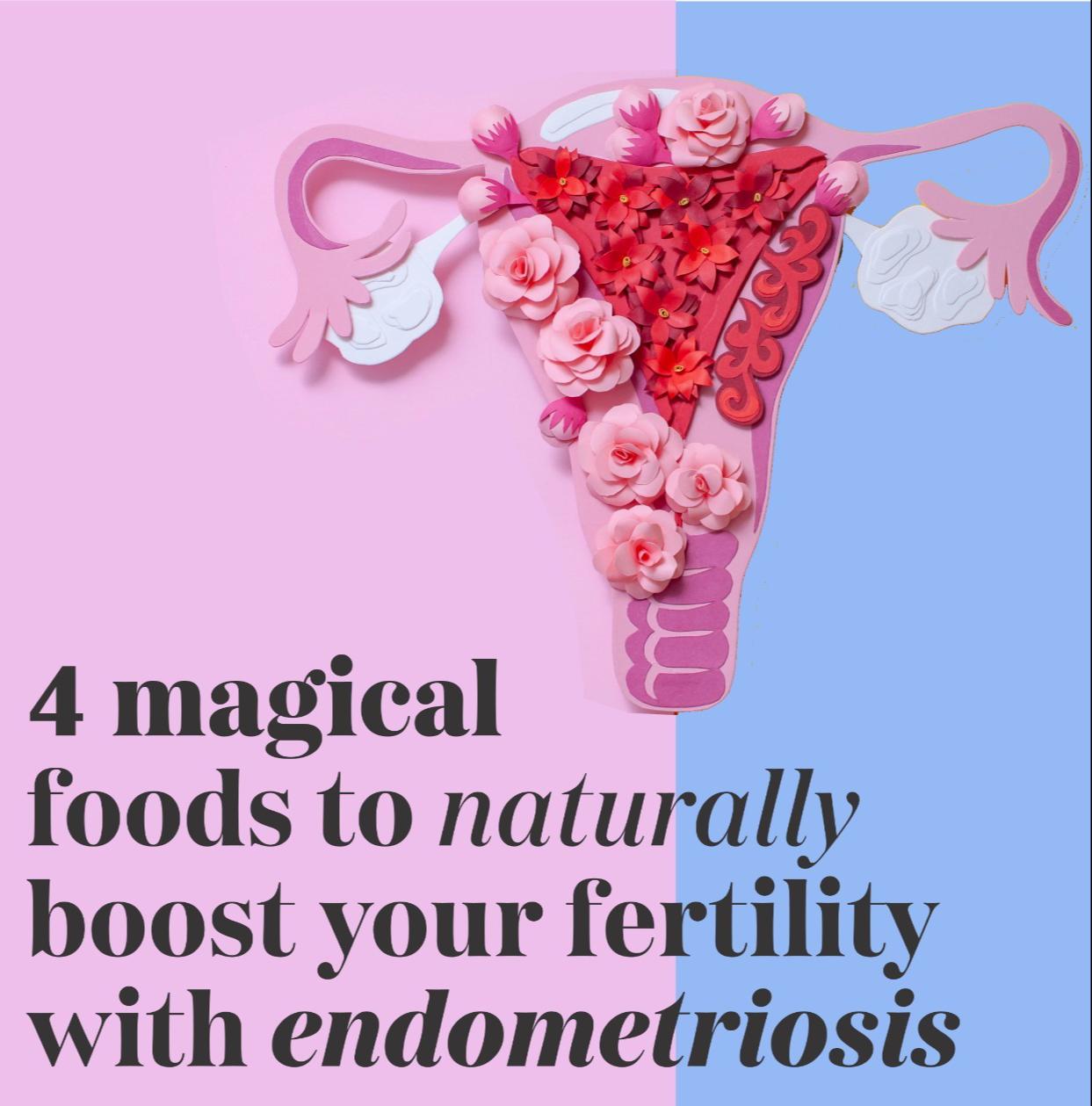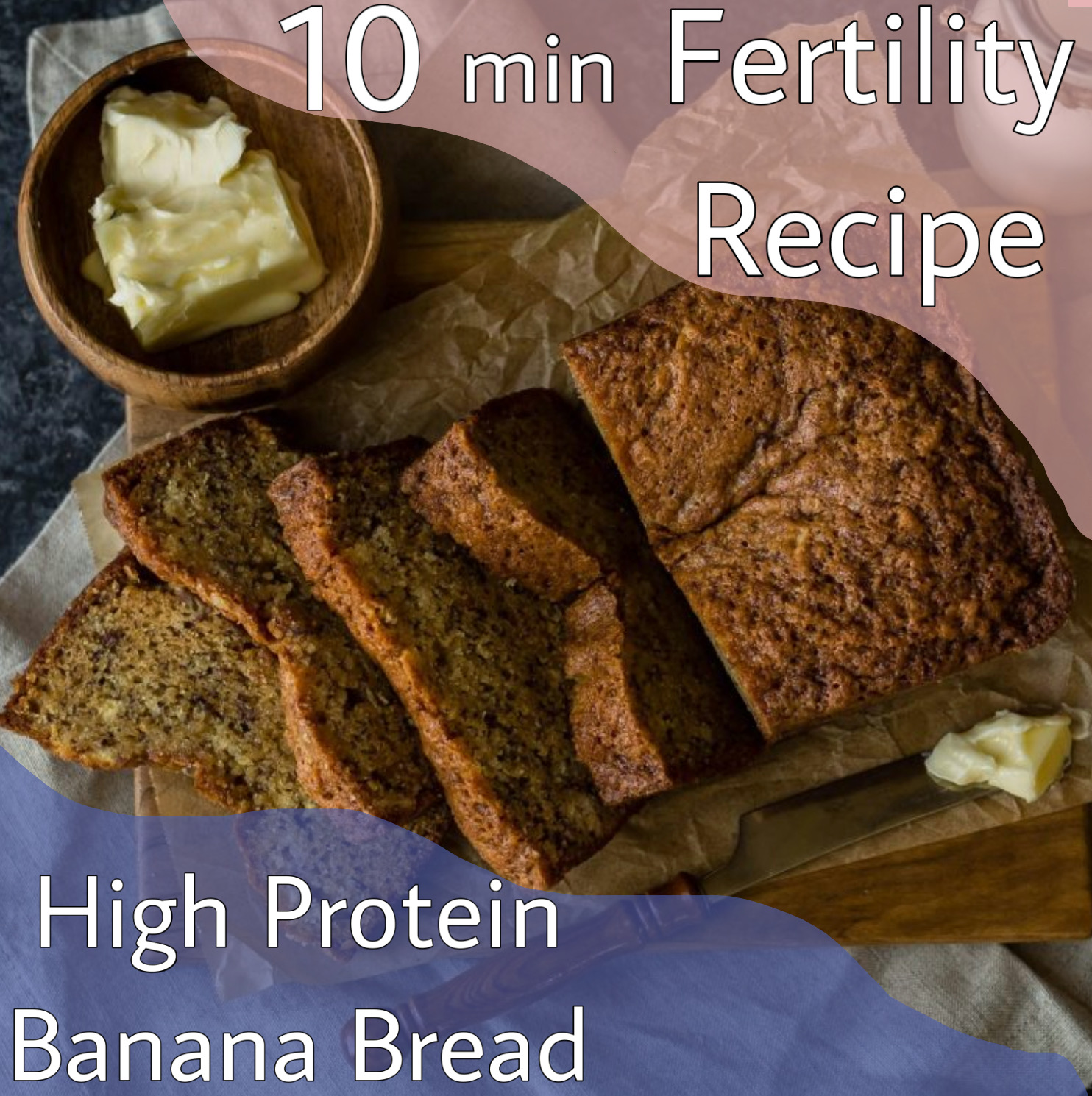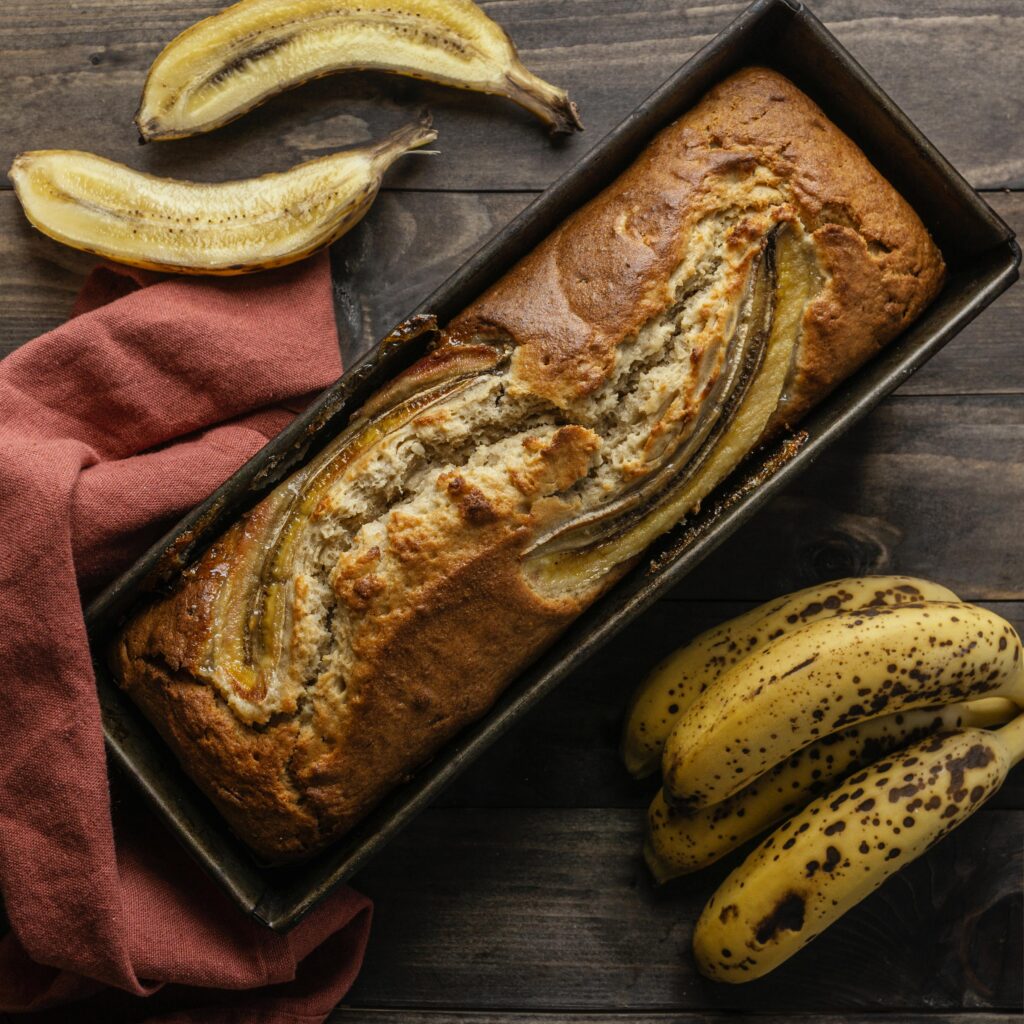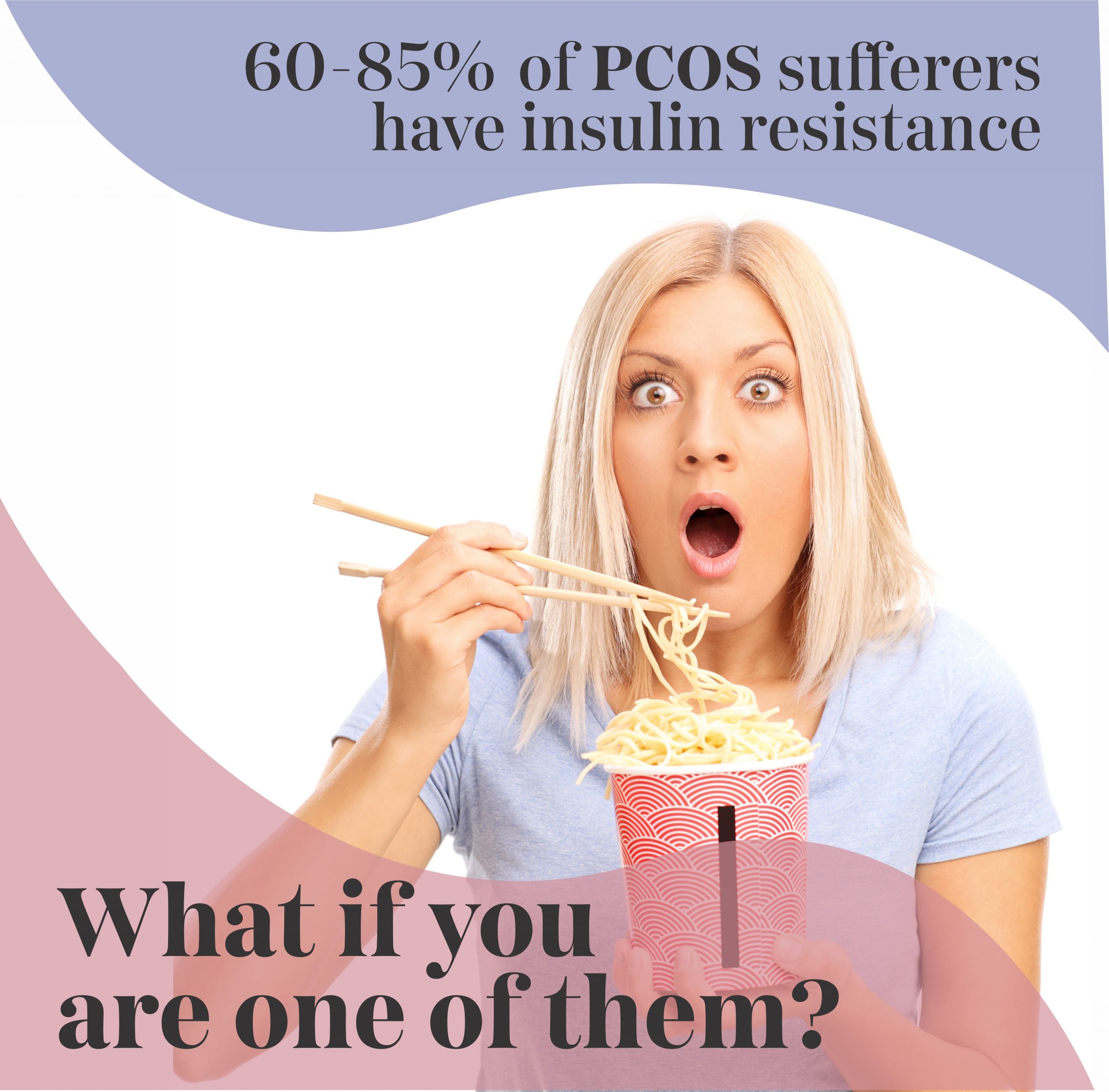Learn what an endometriosis diet can do for fertility
The Impact of an Endometriosis Diet on Fertility
Endometriosis is a challenging condition that affects many women worldwide. Not only does it cause physical discomfort, but it can also significantly impact a woman’s fertility. However, recent studies have shown that implementing an endometriosis diet may have a positive impact on fertility outcomes. Understanding the connection between endometriosis, diet, and fertility is crucial for women seeking to optimize their reproductive health.

Understanding Endometriosis and Fertility
Before delving into the impact of an endometriosis diet on fertility, it is essential to have a clear understanding of what endometriosis is and how it affects a woman’s ability to conceive.
Endometriosis is a condition that affects millions of women worldwide. It occurs when tissue similar to the lining of the uterus, called the endometrium, begins to grow outside the uterus. This misplaced tissue can be found on the ovaries, fallopian tubes, and other organs in the pelvis. Each month, just like the lining of the uterus, these endometrial implants thicken and shed. However, since the tissue is located outside the uterus, it has no way to exit the body, leading to inflammation, scarring, and adhesions.
The exact cause of endometriosis is still unknown, but there are several theories. One theory suggests that during menstruation, some of the menstrual blood containing endometrial cells flows backward through the fallopian tubes and into the pelvic cavity, where it implants and grows. Another theory suggests that endometrial cells may travel through the bloodstream or lymphatic system to other parts of the body, where they implant and grow.
How Does Endometriosis Affect Fertility?
The presence of endometriosis can create various fertility challenges for women. The abnormal tissue growth can cause blockages in the fallopian tubes, making it difficult for sperm to reach the egg. This can significantly reduce the chances of natural conception. In severe cases, the fallopian tubes may become completely blocked, preventing any possibility of pregnancy without medical intervention.
Furthermore, the inflammatory response triggered by endometriosis can adversely affect the quality of the woman’s eggs. The chronic inflammation can lead to oxidative stress, which can damage the eggs and reduce their viability. This can make it more challenging for the eggs to be fertilized and develop into a healthy embryo.
In addition to affecting the eggs and fallopian tubes, endometriosis can also impact the uterus itself. The inflammation and scarring caused by the condition can make it difficult for the embryo to implant and develop properly in the uterine lining. This can result in a higher risk of miscarriage or failed implantation.
It’s important to note that not all women with endometriosis will experience fertility issues. The severity and location of the endometrial implants, as well as other factors such as age and overall reproductive health, can influence the impact on fertility. However, for those who do struggle with infertility due to endometriosis, there are various treatment options available, including fertility medications, surgery, and assisted reproductive technologies like in vitro fertilization (IVF).
In conclusion, endometriosis is a complex condition that can significantly impact a woman’s fertility. The abnormal tissue growth, inflammation, and scarring associated with endometriosis can create various challenges for conception and pregnancy. However, with the right medical interventions and support, many women with endometriosis can still achieve their dream of becoming mothers.
The Role of Diet in Managing Endometriosis
While there is no cure for endometriosis, adopting a healthy and balanced diet can play a significant role in managing the symptoms and potentially positively impacting fertility outcomes.
Endometriosis is a chronic condition in which the tissue that normally lines the uterus grows outside of it, causing pain, inflammation, and sometimes infertility. The exact cause of endometriosis is still unknown, but emerging research suggests that certain dietary factors may influence its development and progression.
The Connection Between Diet and Endometriosis
Diets rich in inflammatory foods, such as processed meats, refined sugars, and saturated fats, have been associated with a higher risk of endometriosis. These foods can increase inflammation in the body, exacerbating the symptoms of endometriosis and potentially impacting fertility.
On the other hand, a diet that incorporates anti-inflammatory foods, antioxidants, and essential nutrients may help reduce inflammation and minimize the impact of endometriosis on fertility. Anti-inflammatory foods include fruits and vegetables, whole grains, legumes, and healthy fats like avocados and olive oil. These foods can help reduce inflammation in the body and provide important nutrients for overall reproductive health.
Key Nutrients for Managing Endometriosis
Several nutrients have been studied for their potential benefits in managing endometriosis. Omega-3 fatty acids, found in fatty fish like salmon and mackerel, as well as flaxseeds and chia seeds, have anti-inflammatory properties. These fatty acids can help reduce inflammation in the body and may alleviate some of the symptoms associated with endometriosis.
Vitamin D is another nutrient that has been linked to endometriosis. Research suggests that women with endometriosis often have lower levels of vitamin D, and supplementation may help improve symptoms. Vitamin D plays a crucial role in immune function and may help modulate the inflammatory response in the body.
In addition to omega-3 fatty acids and vitamin D, antioxidants like vitamin C and E have been shown to have potential benefits for managing endometriosis. These antioxidants can help neutralize harmful free radicals in the body, reducing oxidative stress and inflammation.
Lastly, magnesium is an essential mineral that plays a role in hormone regulation and muscle function. It may help alleviate some of the pain associated with endometriosis and promote overall reproductive health.
It’s important to note that while diet can have a significant impact on managing endometriosis, it should be used as a complementary approach alongside medical treatments and lifestyle modifications. Consulting with a healthcare professional or a registered dietitian can help develop an individualized diet plan that meets your specific needs and goals.
The Endometriosis Diet and Its Impact on Fertility
The endometriosis diet focuses on promoting hormonal balance, reducing inflammation, and supporting overall reproductive health. By incorporating specific foods and avoiding others, women with endometriosis may increase their chances of conceiving.
Endometriosis is a condition in which the tissue that normally lines the uterus grows outside of it, causing pain and infertility. While there is no cure for endometriosis, adopting a specialized diet can help manage the symptoms and potentially improve fertility.
How the Endometriosis Diet Works
The endometriosis diet primarily aims to reduce inflammation and promote a healthy immune system response. This is achieved by avoiding foods that are known to trigger inflammation, such as processed foods, high-glycemic carbohydrates, and foods high in trans fats.
Processed foods, such as fast food and packaged snacks, are often loaded with artificial additives, preservatives, and unhealthy fats. These ingredients can contribute to inflammation in the body, exacerbating the symptoms of endometriosis.
High-glycemic carbohydrates, such as white bread, pasta, and sugary treats, can cause a rapid spike in blood sugar levels. This can lead to increased inflammation and hormonal imbalances, which can negatively impact fertility.
Foods high in trans fats, such as fried foods and commercially baked goods, have been linked to increased inflammation and insulin resistance. Insulin resistance can disrupt hormonal balance and interfere with the reproductive system.
Instead, the diet emphasizes whole, nutrient-dense foods that are rich in antioxidants, fiber, and essential fatty acids. These include fruits, vegetables, whole grains, lean proteins, and healthy fats.
Fruits and vegetables are packed with vitamins, minerals, and antioxidants that help reduce inflammation and support overall health. They also provide fiber, which aids in digestion and helps maintain a healthy weight.
Whole grains, such as quinoa, brown rice, and oats, are high in fiber and essential nutrients. They provide sustained energy and help regulate blood sugar levels, reducing inflammation and promoting hormonal balance.
Lean proteins, such as chicken, fish, and tofu, are important for reproductive health. They provide essential amino acids that support the production of hormones and help repair tissues.
Healthy fats, such as avocados, nuts, and olive oil, are crucial for hormone production and absorption. They also have anti-inflammatory properties and support overall cardiovascular health.
Potential Benefits of the Endometriosis Diet for Fertility
Following an endometriosis diet may have several potential benefits for fertility. By reducing inflammation and supporting hormonal balance, the diet may help improve egg quality, promote regular menstrual cycles, and enhance overall reproductive health.
Chronic inflammation can negatively affect egg quality and implantation. By reducing inflammation through diet, women with endometriosis may improve the chances of successful fertilization and implantation.
Hormonal imbalances, such as high estrogen levels, are common in women with endometriosis. These imbalances can disrupt the menstrual cycle and interfere with ovulation. The endometriosis diet, with its focus on hormonal balance, may help regulate the menstrual cycle and improve ovulation.
Additionally, the diet’s emphasis on nutrient-dense foods can help ensure that the body has an adequate supply of essential nutrients for optimal fertility. Reproductive health relies on essential nutrients like folate, iron, and omega-3 fatty acids, which a well-balanced diet can provide.
Emphasize that the endometriosis diet may offer potential fertility benefits but should complement medical treatments and guidance from healthcare professionals.
Overall, the endometriosis diet offers a holistic approach to managing the symptoms of endometriosis and supporting fertility. By making conscious food choices and prioritizing nutrient-dense options, women with endometriosis can take proactive steps towards improving their reproductive health.
Implementing the Endometriosis Diet
Implementing an endometriosis diet can be a key step in managing the condition and enhancing fertility outcomes.
Foods to Include in the Endometriosis Diet
The endometriosis diet encourages the consumption of nutrient-rich foods that have anti-inflammatory properties. Some examples include fatty fish like salmon and mackerel, leafy greens, berries, nuts, seeds, whole grains, and legumes. Packed with essential nutrients, antioxidants, and healthy fats, these foods can support reproductive health and help manage inflammation.
Foods to Avoid in the Endometriosis Diet
To minimize inflammation and support hormonal balance, it is advisable to avoid certain foods that can exacerbate endometriosis symptoms. These may include processed foods, refined sugars, high-glycemic carbohydrates, red meat, and foods high in saturated fats. Additionally, some women may find it helpful to limit their intake of dairy and gluten, as these foods can sometimes trigger inflammation in sensitive individuals.
The Endometriosis Diet: A Comprehensive Approach
While the endometriosis diet can be beneficial on its own, it is essential to approach it as part of a comprehensive treatment plan.
Combining the Endometriosis Diet with Other Treatments
To optimize the management of endometriosis and enhance fertility, it is crucial to combine the endometriosis diet with other evidence-based treatments. This may include medical interventions such as hormonal therapies, surgical interventions to remove endometrial growths, and alternative therapies like acupuncture and yoga. A multidimensional approach allows for a holistic and personalized approach to endometriosis management.
The Importance of Personalized Nutrition in Endometriosis Management
Each woman’s experience with endometriosis is unique, and a one-size-fits-all approach may not be effective. Personalized nutrition, tailored to an individual’s specific needs and preferences, can play a crucial role in managing the condition. Working with a healthcare professional, such as a registered dietitian specializing in reproductive health, can help create a personalized endometriosis diet that aligns with lifestyle goals and optimizes fertility outcomes.
In conclusion, an endometriosis diet can have a significant impact on fertility outcomes for women with endometriosis. By adopting an anti-inflammatory and nutrient-rich eating plan, women can potentially reduce inflammation, support hormonal balance, and enhance overall reproductive health. However, it is essential to approach the endometriosis diet as part of a comprehensive treatment plan, combining it with other evidence-based interventions to optimize outcomes. Personalized nutrition guidance can provide valuable support in navigating the complexities of endometriosis management and fertility optimization.





